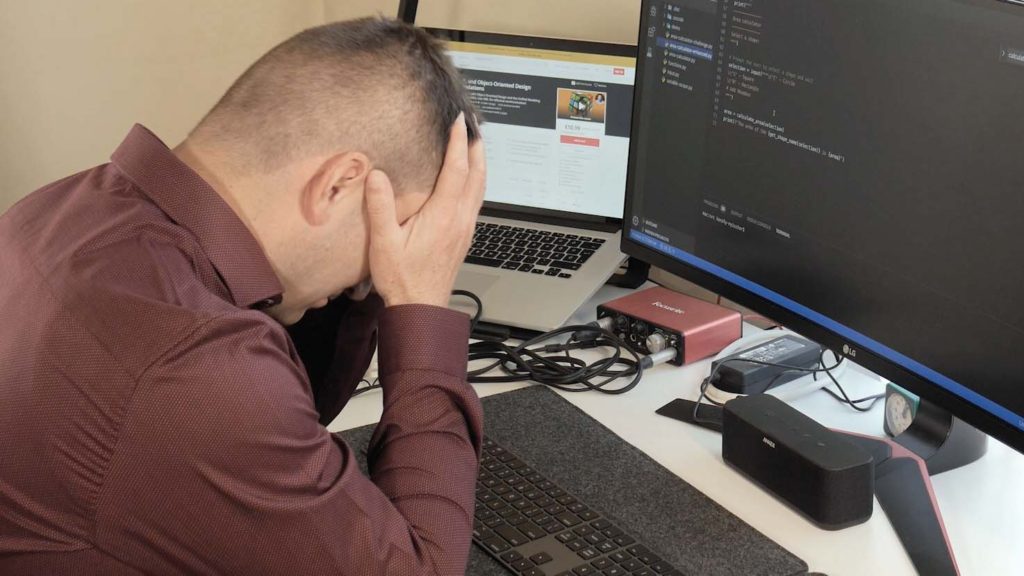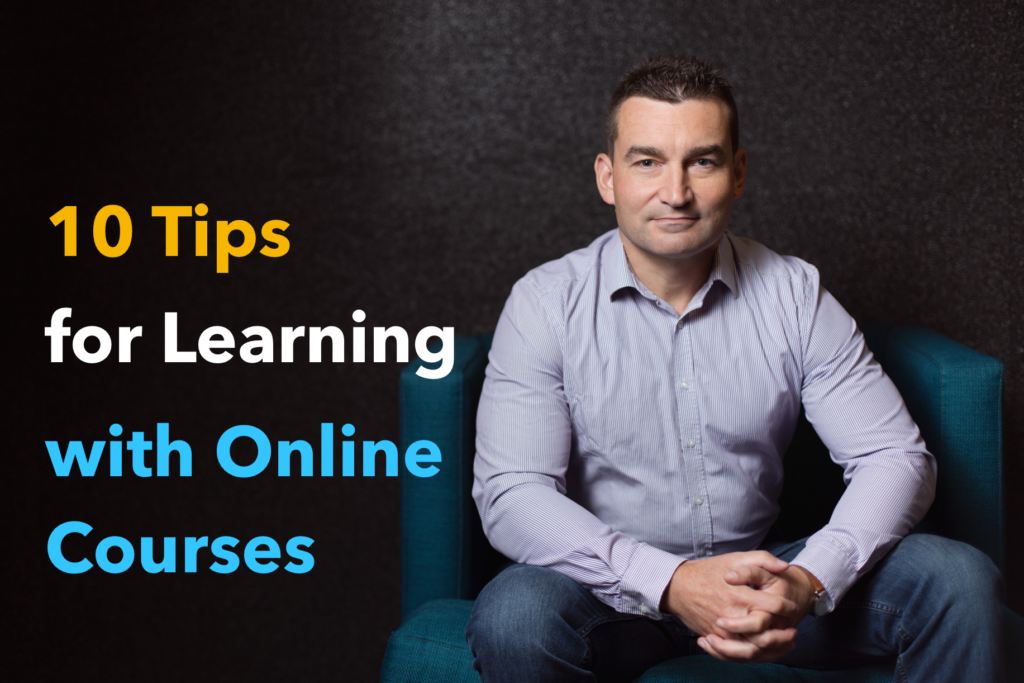Survive Software Development Burnout: Get Back On Track

Burnout. The term that fills me with dread whenever I see it. It’s the reason why some of my best friends have left their jobs. Heck, it’s the reason I quit my job, too.
Software development can be a rewarding profession, but it is also one that often leads to burnout. In this article, we’ll discuss what burnout is and how to prevent or overcome it so that you can continue coding with joy!
So, what is burnout?
You know that feeling of fatigue that overwhelms you after a long day of hard work. Now, imagine this feeling persisting for weeks, months, or even years.
Burnout is a serious problem. It erodes people’s job satisfaction, increases their stress levels, and leads to lower productivity at work. Many professionals who experience burnout end up quitting their jobs and switching careers.
What causes burnout?
Pushing ourselves past our limits can trigger this state of physical, emotional, or mental exhaustion. Toxic work environments, lack of appreciation, high levels of stress at work, or simply working too many hours without taking time off can all lead to burnout.
Software developers are at a particularly high risk of burnout because they face multiple challenges that can be hard on the psyche: tedious work, tight deadlines, difficult colleagues, bosses, or clients.
How to prevent and overcome burnout?
- Take time for yourself.
Make sure that every day you take some time to rest, relax, and recharge. - Take care of your body.
Go for a walk, meditate, do some yoga, or any physical activity you enjoy doing. Eat healthy food, avoid soda and junk food. A healthy body is essential for keeping the mind clear, focused, and creative. - Get enough sleep.
Adults need about 7 hours of sleep, but the amount varies from person to person. And it’s not only about the hours we sleep, but also about its quality. Not getting enough deep sleep prevents your brain from processing the information you encounter each day and can lead to severe conditions like Alzheimer’s disease or stroke. - Take care of your mind.
Read a book that you love (fiction or non-fiction), try new things that interest you (take an online course, learn a new programming language), write about your experiences, or learn to play a musical instrument. Empower yourself by delving deeper into the topic you work on and sharing your knowledge with others. This strategy can benefit you in so many ways–it definitely worked for me. I’ve written countless technical articles and ten books on software development, and I’ve published over a dozen online courses on LinkedIn Learning, Udemy, and PluralSight. - Take care of your relationships.
Having strong and healthy personal relationships is essential for preventing burnout, so make sure you invest your time and energy into these relationships. Spend quality time with your family, friends, or significant other. - Keep your desk clean.
It may sound weird at first, but too much clutter can increase your stress levels and make you feel overwhelmed. Make sure you have everything you need and that your working space is clean and tidy. It’ll make a massive difference in how you feel! - Call in sick when necessary.
This is a tricky one. I know that we all want to be seen as reliable, hardworking professionals who don’t take sick days lightly. But when you’re on the verge of burnout, you need to call in sick and take your time off. Your mental health is more important than anything else! - Take advantage of work-life balance policies.
These are becoming more and more common in the tech industry. Don’t be afraid to ask for them if your company doesn’t have any yet!
Pro tip:
Get a smartwatch that alerts you when it’s time to take a break and helps you track your activity throughout the day. Some devices can even monitor your sleep and wake you up at the most optimal time. My Apple Watch has changed my life for the better. I never thought that a tiny device on my wrist would be able to help me so much!
I would love to hear about your experiences with burnout and how you overcame it! Please share your thoughts in the comments below.
Thanks for reading!
Take care,
– Karoly Nyisztor, software engineer, author, and life hacker.





Responses